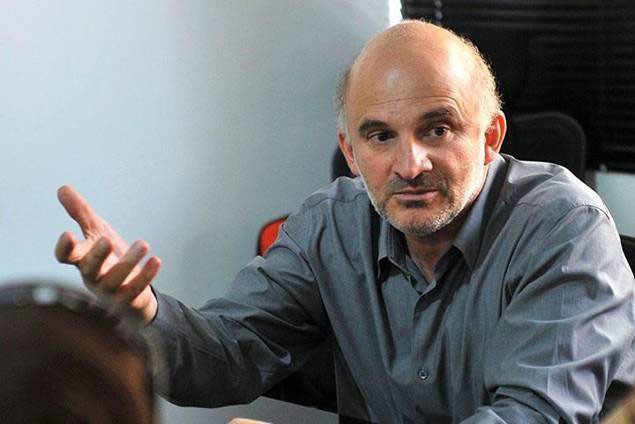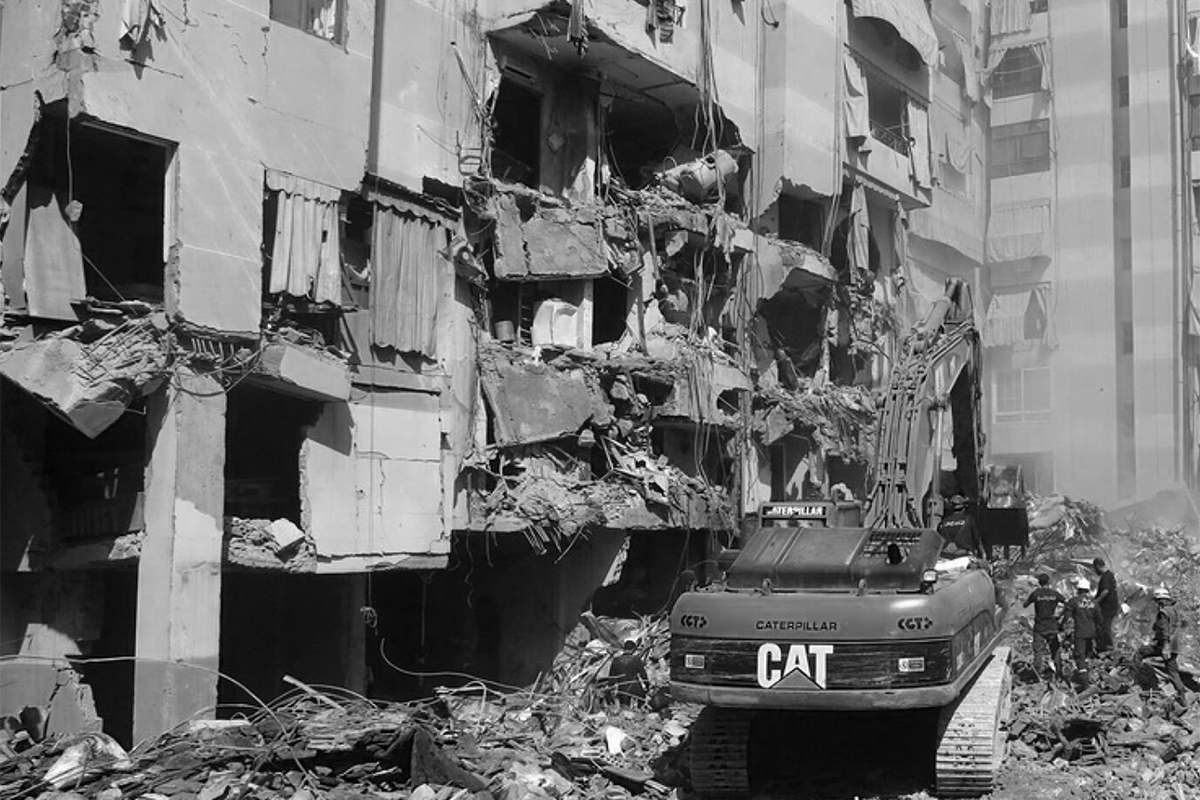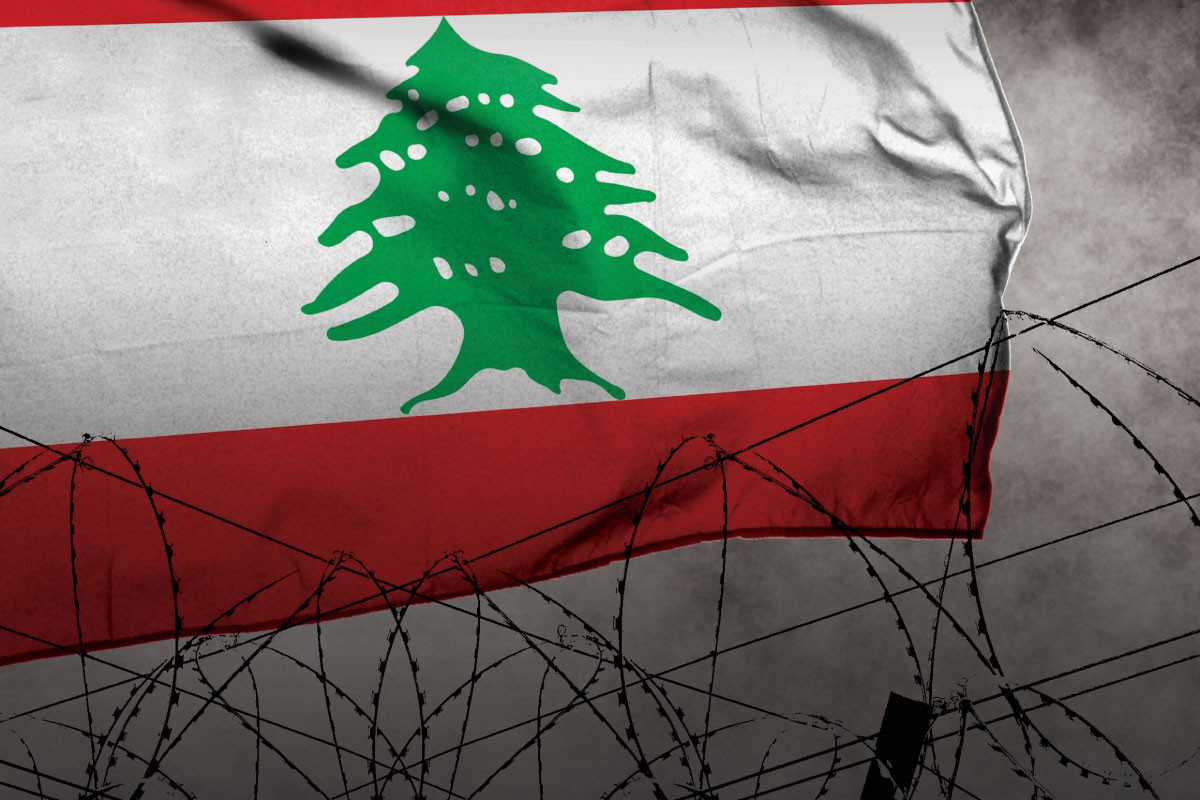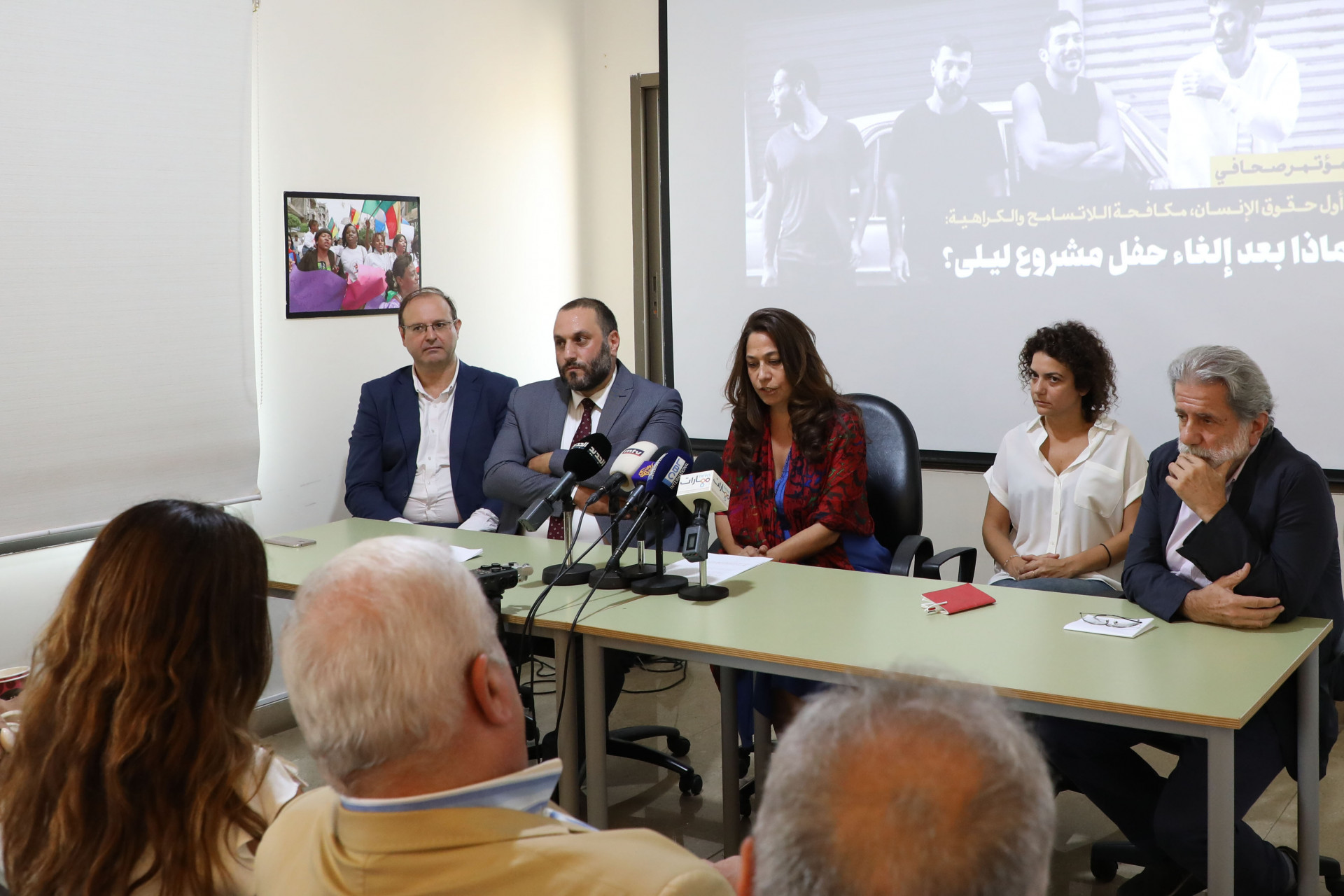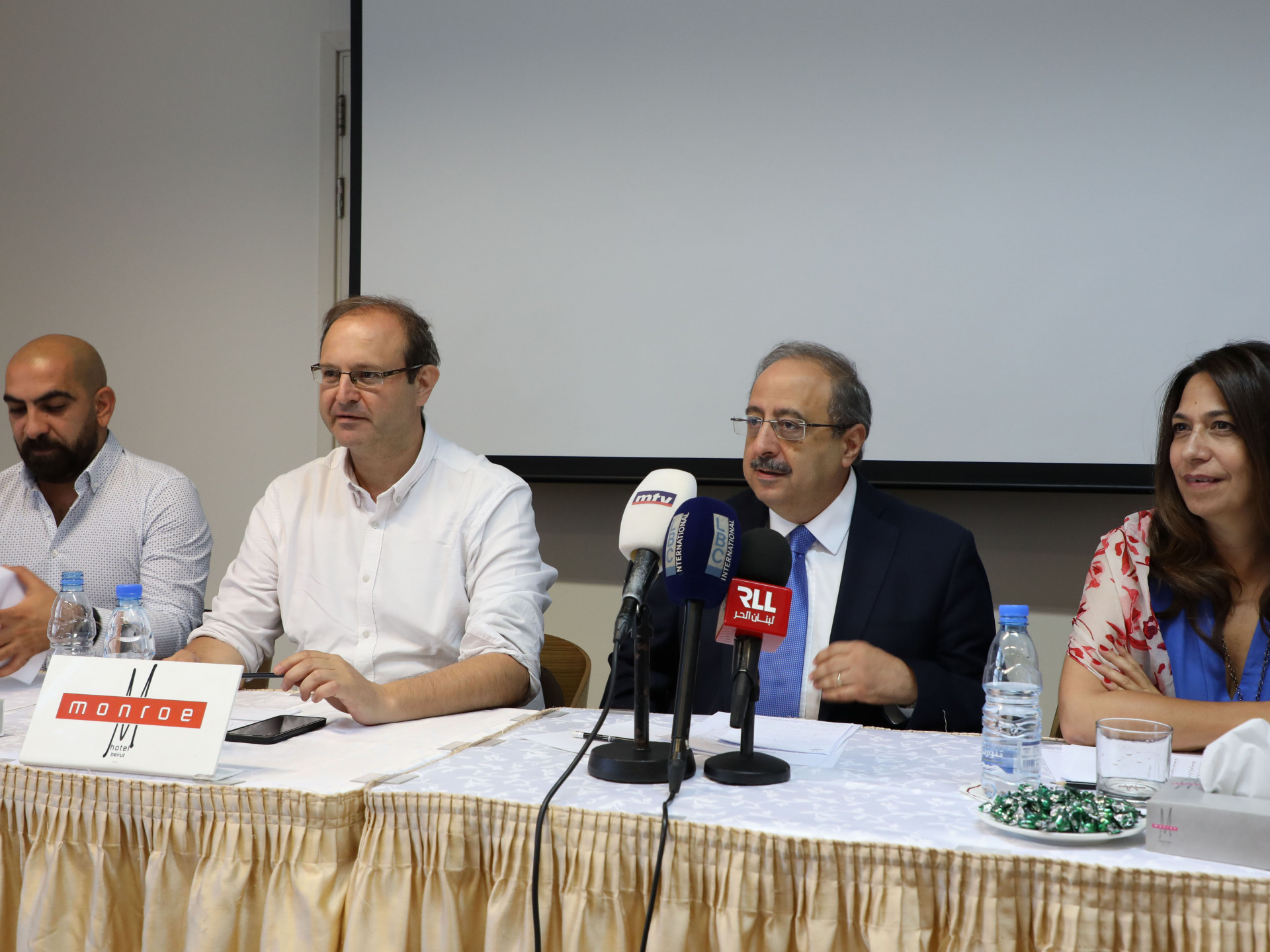We have been witnessing lately a notable increase in arrests and interrogations aiming at restricting the freedom of expressing positions of criticism towards political authorities or positions denouncing corruption. These arrests have targeted a number of political, environmental and social activists who are being summoned for interrogation over their Facebook posts, and who are being released only under the condition of deleting these posts and signing an engagement waiving their freedom of expression.
While noting with great concern the increasing repetition of such arrests and interrogations,
“Kulluna Irada” and “Legal Agenda” condemn such freedom-repressing practices, especially in the midst of the fragile political and economic situation we are facing today, and which precisely requires the protection of opposition and pro-government voices alike, in order to ensure a proper environment for healthy and constructive public debates, away from repression and intimidation,
And we further stress on the following points:
1- The State has the duty, in all its bodies, to encourage citizens to expose corruption, in accordance with the Convention Against Corruption ratified by Lebanon (art 13), and it has the duty to provide an appropriate environment for this to take place, especially with the rising level of corruption threatening the pillars of our State.
This requires that public prosecution in particular, and the judiciary in general, strike a balance between freedom of expression and whistleblowing on one hand, and personal reputation on the other hand: whistleblowers should not be prosecuted when there are serious suspicions on the occurrence of acts of corruption, they should not be punished without trial or without being given the chance to provide their full evidence in a public and fair trial. But for public prosecution to summon individuals and conduct a secret interrogation without a lawyer, for it to threaten to arrest any person who would allow themselves to ask questions around corruption, this reflects an image contrary to what public prosecution is supposed to stand for, and creates an atmosphere of intimidation and repression which discourages any effort or will to expose corruption.
2- The State has the duty, in all its bodies, to strictly abide by the law, especially laws governing personal freedom. We therefore note with great concern the repetitive transgressions by public prosecution of the Code of Criminal Procedure which prohibits the arrest of any person for a crime leading to less than one year of prison (art 107). We also note with concern the practice of imposing the signature of a commitment whereby the citizen must waive his or her freedom of expression as a condition to regaining physical freedom.
3- Finally, the State has the duty to ensure to all citizens equally an independent, fair and effective Judiciary, which guarantees their right of access to justice and their right of defense, as enshrined in the International Covenant on Civil and Political Rights which is considered as an integral part of the Lebanese Constitution. Unfortunately, the repressive and illegal approach taken by the public prosecution, as it appears in this case, is yet another reminder that public prosecution is defending the rights of people of influence, more so than it defends the rights of the public or the State, and as a reminder that due to judicial nominations that are subject to political power-sharing and favoritism, we are still very far from having an independent Judiciary.
We therefore reaffirm once again the need to cease the practices of interference in the Judiciary, and to adopt the law proposal on judicial independence and transparency. It is absolutely clear that there can be no guarantee of freedom of expression or serious fight against corruption or State building without an independent Judiciary.

